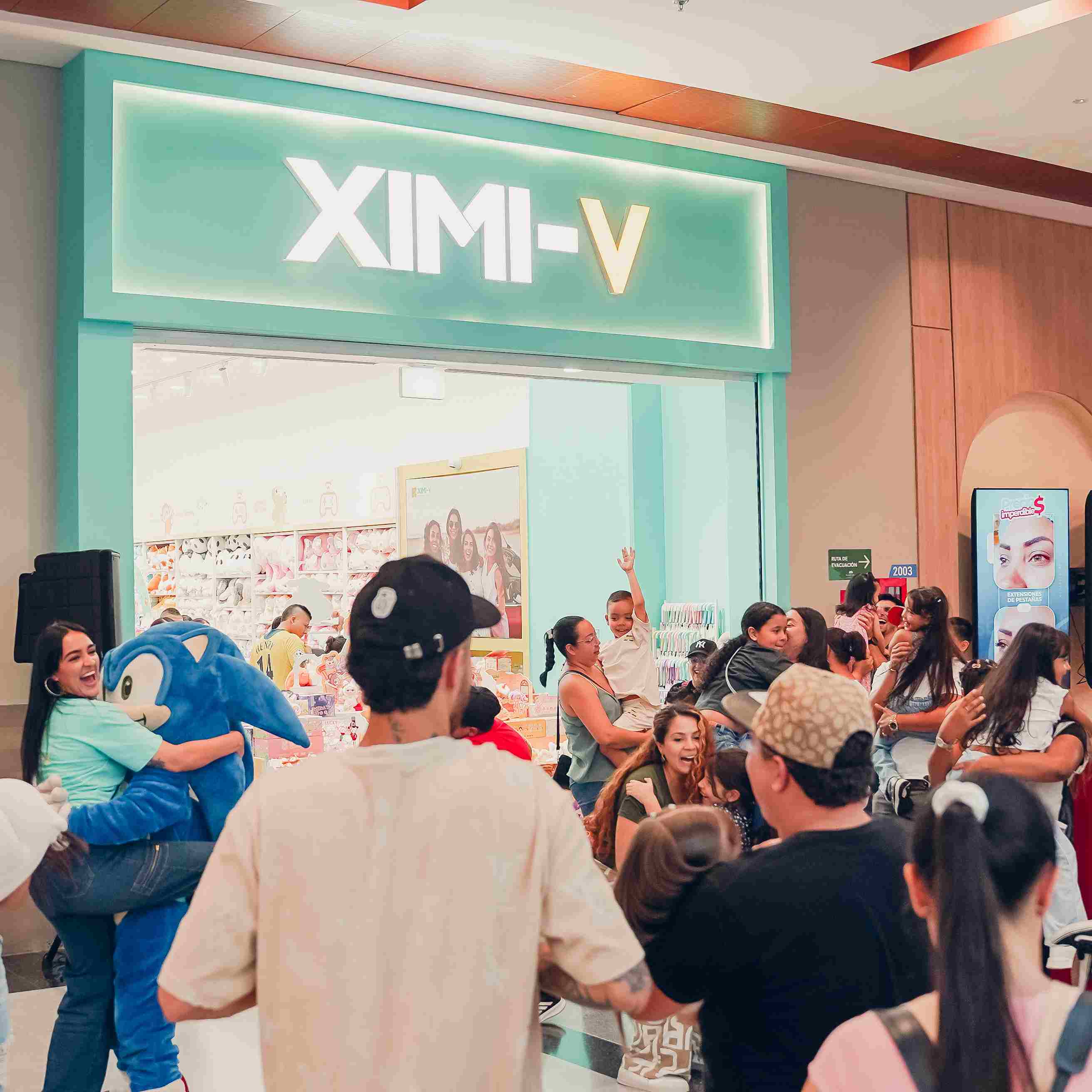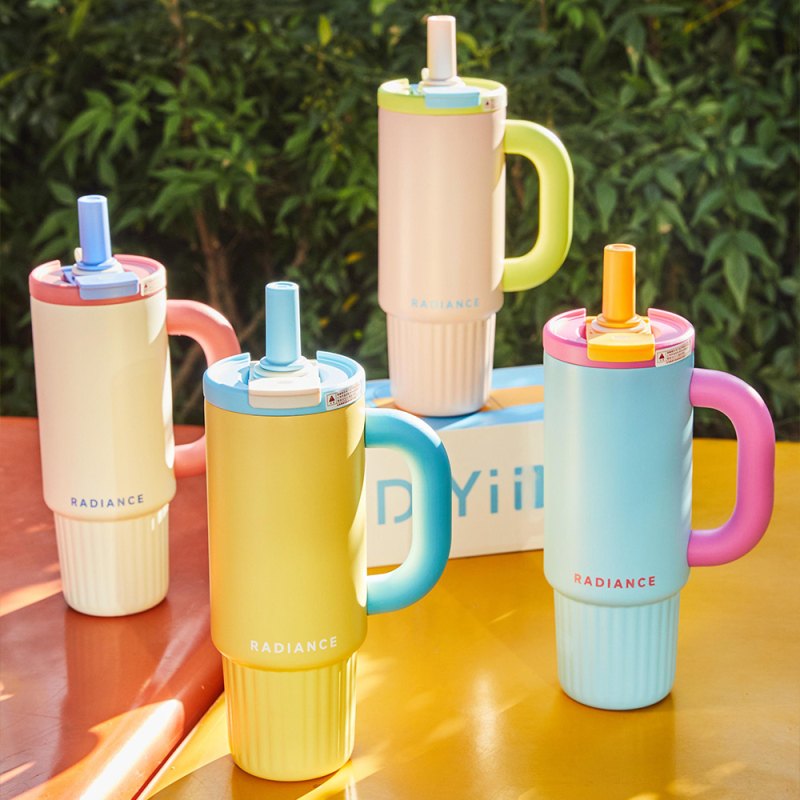Fast Fashion Consumer Psychology
Author: Celia| Keywords chosen by Celia
Since the 1990s, the global economy has witnessed an increasing demand for fast fashion.
Trendy, affordable, and easily available, fast fashion products, fast fashions are those brands that quickly change or upgrade fashion according to the market demand.
From the marketing perspective, consumer psychology is an important element for marketers to understand their target market and consumer group, in order to develop marketing strategies.

What is fast fashion?
Fast fashion is a new term describing products that are based on the latest fashion trends. It is a design, manufacturing, and marketing method focused on producing large volumes of products rapidly.
In the fast fashion environment, many people may intend to buy fast fashion due to affordability, accessibility, self-expression demands, the influence of social media, and the dopamine rush.
Fast fashion consumer psychology
1. Affordability and accessibility
The undeniable appeal of fast fashion is primarily due to its affordability, which makes it a leading option for budget-conscious consumers. It catches the latest trends by designer brands but in a more affordable way that consumers can afford.
Fast fashion manufacturers can keep production costs relatively low, allowing them to offer their products at a fraction of the price of fashion items.
In addition to affordability, the accessibility of fast fashion is another important factor contributing to its widespread appeal. Everyone can easily find whatever they need to match their personal preferences in terms of size, style, patterns, and colors.

2. Influence and convenience of social media
Social media has emerged as a crucial influencer in the consumption of fast fashion, shaping our shopping behavior and allowing fast fashion as a lifestyle.
As a platform for self-expression, social media enables people to share their outfits and style choices with a lot of audiences easily, seeking validation and inspiration from others.
Influencers and celebrities often collaborate with fast fashion brands showcasing their products to followers, which creates a sense of desire and exclusivity. Consumers feel the need to purchase the same products to replicate the looks of their favorite influencers.
Furthermore, social media has made it more convenient for consumers to access and buy fast fashion items. With just a few clicks, consumers can directly shop from social media platforms or through the fast fashion brand’s website, making the purchasing process quicker and easier.

3. Dopamine rush of the brain
By providing us with instant satisfaction, fast fashion triggers our brain’s reward system, making us feel good about the products we purchase.
When we discover an item we like at an affordable price, our brains release dopamine, a neurotransmitter associated with reward and happiness. This dopamine rush can lead to impulsive purchasing behavior, which can be addictive.
By offering limited-time deals and constantly releasing new arrivals, fast fashion brands use various tactics to exploit the dopamine rush and keep consumers coming back. They also use bright colors, catching slogans, and attractive promotions to create a sense of desirability.


 Unleash Your Inner Icon The Power with XIMIVOGUE Tortoiseshell Accessories
Unleash Your Inner Icon The Power with XIMIVOGUE Tortoiseshell Accessories
 9 New Year Earrings That Speak Louder Than Fireworks
9 New Year Earrings That Speak Louder Than Fireworks
 2026 Chic Headbands For Preppy Girl Hair Looks
2026 Chic Headbands For Preppy Girl Hair Looks
 XIMIVOGUE Celebrates Grand Opening of New Store in Columbia
XIMIVOGUE Celebrates Grand Opening of New Store in Columbia
 XIMIVOGUE Travel Mugs Worth Every Penny in 2026
XIMIVOGUE Travel Mugs Worth Every Penny in 2026




